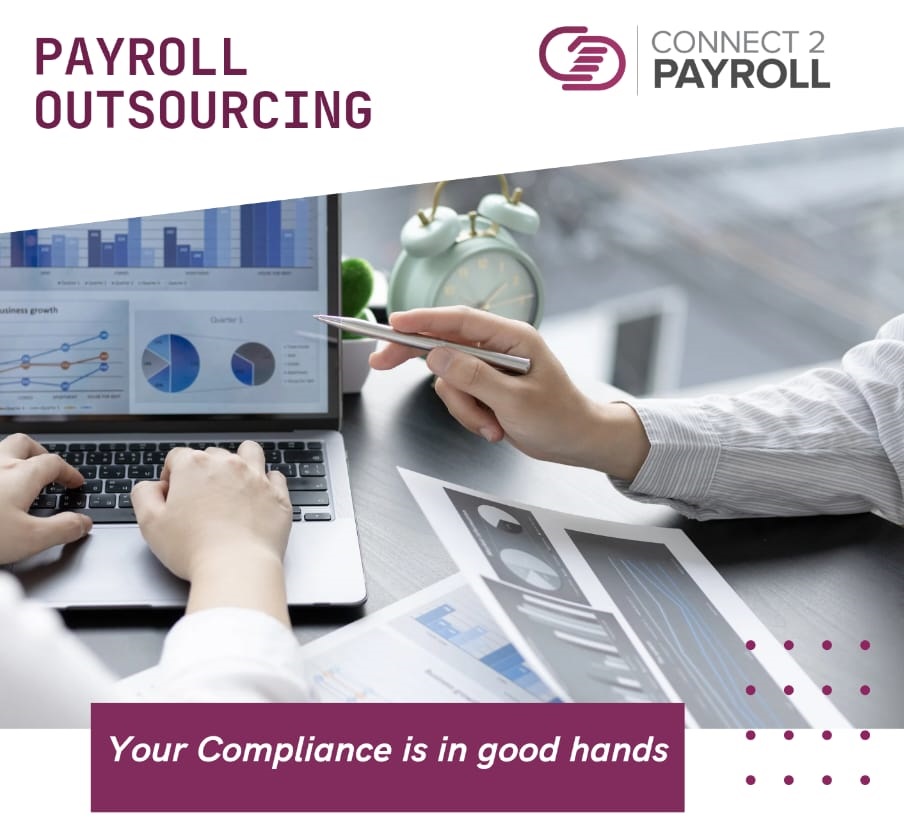Striking Off vs. Liquidation: When and How to Close a Business

Strong 8k brings an ultra-HD IPTV experience to your living room and your pocket.
Closing a business is never an easy call. But once the decision’s made, the next question is just as important: How do you actually do it?
In Singapore, there are two main ways—striking off and liquidation. They’re not the same. And choosing the wrong one can cause delays, fees, or even legal issues.
Here’s a plain-English guide to help you figure out which path makes more sense for your situation.
What Is Striking Off?
Striking off is the simpler option. You’re asking ACRA (Singapore’s company regulator) to remove your company from the register.
It works best when:
- Your business is no longer operating
- There are no outstanding debts
- All taxes are paid
- The company has no assets or liabilities
Basically, your company is clean and inactive.
How it works:
1. File an application to ACRA.
2. Wait for ACRA to review (they might ask questions).
3. If all goes well, the company is struck off after about 4 months.
That’s it. It’s low-cost and relatively quick.
But there’s a catch: you can’t strike off a company if it still owes money or has unresolved matters. If that’s the case, you’ll need to consider liquidation.
What Is Liquidation?
Liquidation is more formal—and more complex. It involves winding up the company’s affairs. That means selling off assets, paying creditors, and distributing what’s left (if anything) to shareholders.
There are two main types:
- Voluntary liquidation: The company chooses to shut down, usually because it can’t stay profitable or serve its purpose.
- Compulsory liquidation: The court orders it, often because of unpaid debts.
Liquidation is the only option if:
- The company has debts it can’t pay
- There are remaining assets to distribute
- There are disputes among shareholders or directors
It also requires a liquidator—someone appointed to manage the whole process. Most companies engage professional firms that offer corporate secretarial services to handle this.
Common Mistakes to Avoid
1. Trying to strike off a company with debts.
ACRA will reject your application. You must clear all liabilities first. If you can’t, liquidation is the only route.
2. Not updating your company records.
Whether you’re striking off or liquidating, your paperwork has to be in order. That includes tax filings, director changes, and financial statements.
3. Doing it yourself without help.
It might seem simple, but closing a company involves legal steps. If you miss something, it can delay the process—or worse, leave you personally liable. This is where experienced corporate secretarial services can really help. They handle the filings, coordinate with authorities, and keep things clean.
When Should You Strike Off?
Choose striking off if:
- The company has stopped all business activity
- There are no outstanding taxes or liabilities
- You’re not planning to use the company again
- You want a clean, low-cost exit
It’s a straightforward way to close things down without too much fuss.
When Should You Liquidate?
Go with liquidation if:
- The company has debts or assets that need to be handled properly
- There are legal risks if things aren’t wound up formally
- You need to show creditors or stakeholders that everything’s being handled by the book
It may cost more, but it gives protection and a structured process.
One Last Thing: Don’t Wait Too Long
Many business owners delay closing their companies. Maybe they’re unsure. Maybe they’re hoping things turn around. But if the company isn’t operating—and won’t be anytime soon—it’s often better to act sooner.
The longer you wait, the more paperwork piles up. You’ll still need to file annual returns. Still pay fees. Still deal with compliance issues.
If you’re unsure what to do, talk to someone who offers corporate secretarial services. They’ve seen all kinds of cases and can guide you toward the cleanest exit.
Closing a Business Doesn’t Have to Be a Mess
Striking off and liquidation aren’t just technical terms. They’re real-world processes that affect time, money, and peace of mind. Pick the right one for your situation, follow the steps, and get proper help when needed.
No drama. No loose ends. Just a clear, honest end to the business journey.
Note: IndiBlogHub features both user-submitted and editorial content. We do not verify third-party contributions. Read our Disclaimer and Privacy Policyfor details.







